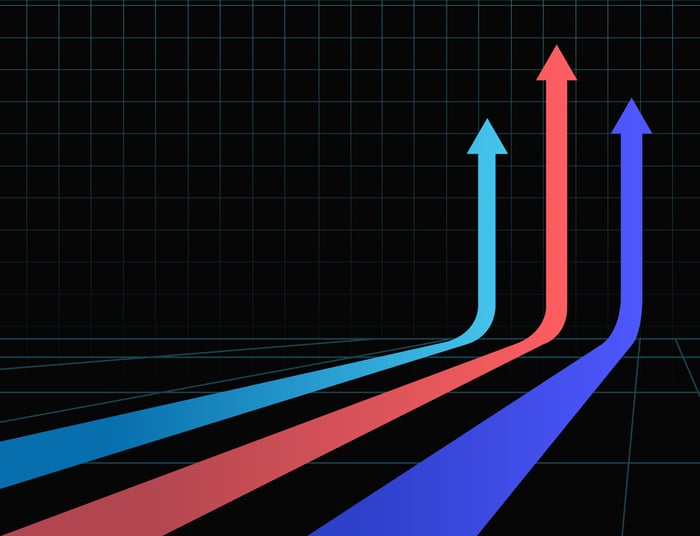What happened
A critical short seller's report torpedoed shares of Chinese electric car-maker Kandi Technologies (KNDI 0.46%) last week, and took down CBAK Energy Technology (CBAT -6.72%) stock as collateral damage.
Today, however, things are turning around for Kandi, CBAK, and also for peer EV producer ElectraMeccanica Vehicles (SOLO -3.55%). Shares are up 10.4%, 17.6%, and 7.6%, respectively, as of 1:50 p.m. EST.

Image source: Getty Images.
So what
Here's the news in a nutshell.
Last week, short-seller Hindenburg Research accused Kandi Technologies of fraudulently inflating its sales by reporting sales to the company's own subsidiaries as if they were sales to customers. This was bad news for Kandi, but also for CBAK, which had just inked a deal to sell $120 million worth of rechargeable batteries to Kandi next year. After all, if Kandi's business was shown to be largely fraudulent, it would be unlikely to stay in business long enough to buy all those batteries from CBAK.
It wasn't great news for ElectraMeccanica either because if one Chinese EV company gets shown to be fraudulent, investors might start wondering about all the others as well.
Today, however, Kandi is responding to Hindenburg's accusations with a letter to shareholders. In it, Kandi calls Hindenburg's report "inaccurate," "misleading," and lacking in "merit." Crucially, Kandi responded to Hindenburg's allegations that its sales are primarily to related parties by explaining how companies that appear to be related are not in fact currently related, basically arguing that Hindenburg relied on old data and old reports in inferring that Kandi controls a series of companies that it either already had spun off, disassociated itself from, or that were founded by former employees.
Now what
Is Hindenburg right, or is Kandi right? I honestly don't know. Kandi's rebuttals to Hindenburg's accusations sound like they might be plausible, but they also have a significant "smoke-and-mirrors" feel to them, and I fear it will be difficult for investors based in the U.S. to gauge the truth of Kandi's claims from the other side of the world.
In the end, though, if Kandi is telling the truth, that should be reflected in financial statements showing that as the company's sales rise, its earnings and free cash flow rise in tandem. My best advice for investors, therefore, is this:
Companies that are growing and "real" tend to generate strong free cash flow from their businesses, whereas companies that are "fake" do not. If you want to know which kind of company Kandi is, therefore, focus on the company's cash flow statements and look for evidence that it's burning less and less cash over time, and growing closer and closer to free cash flow.
As a matter of fact, I think that's good advice for investors in CBAK and ElectraMeccanica too -- and really, for all investors, always.





